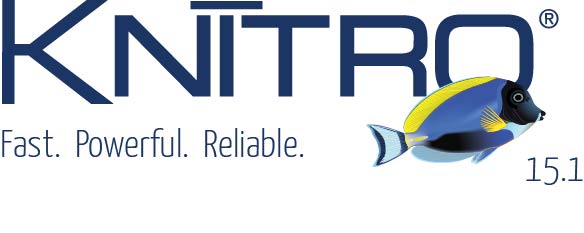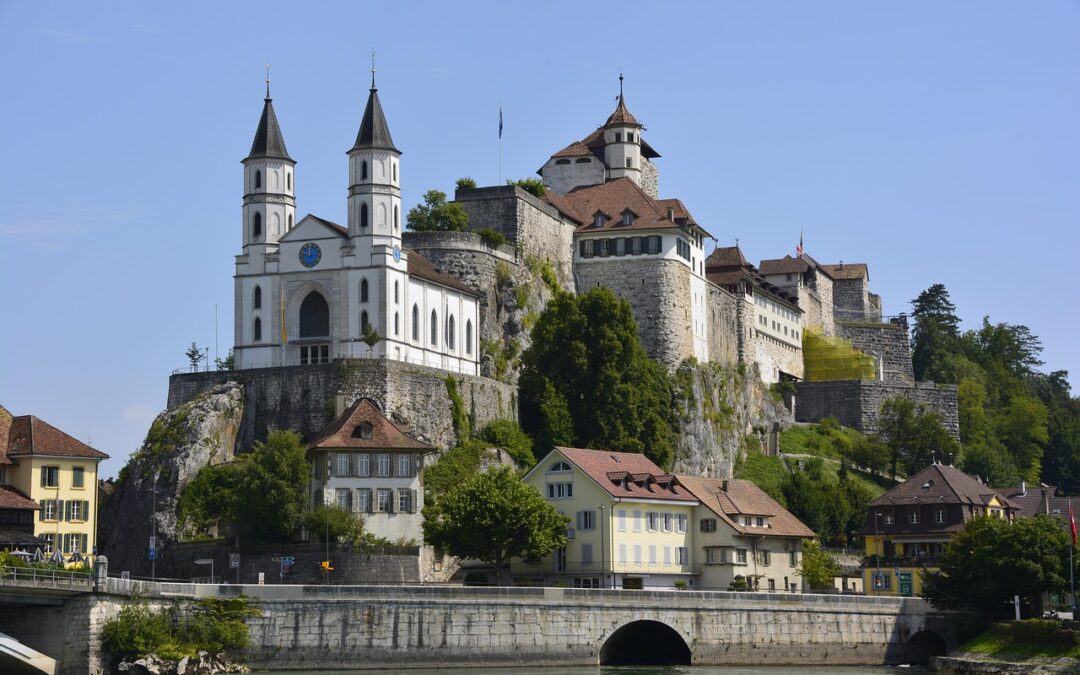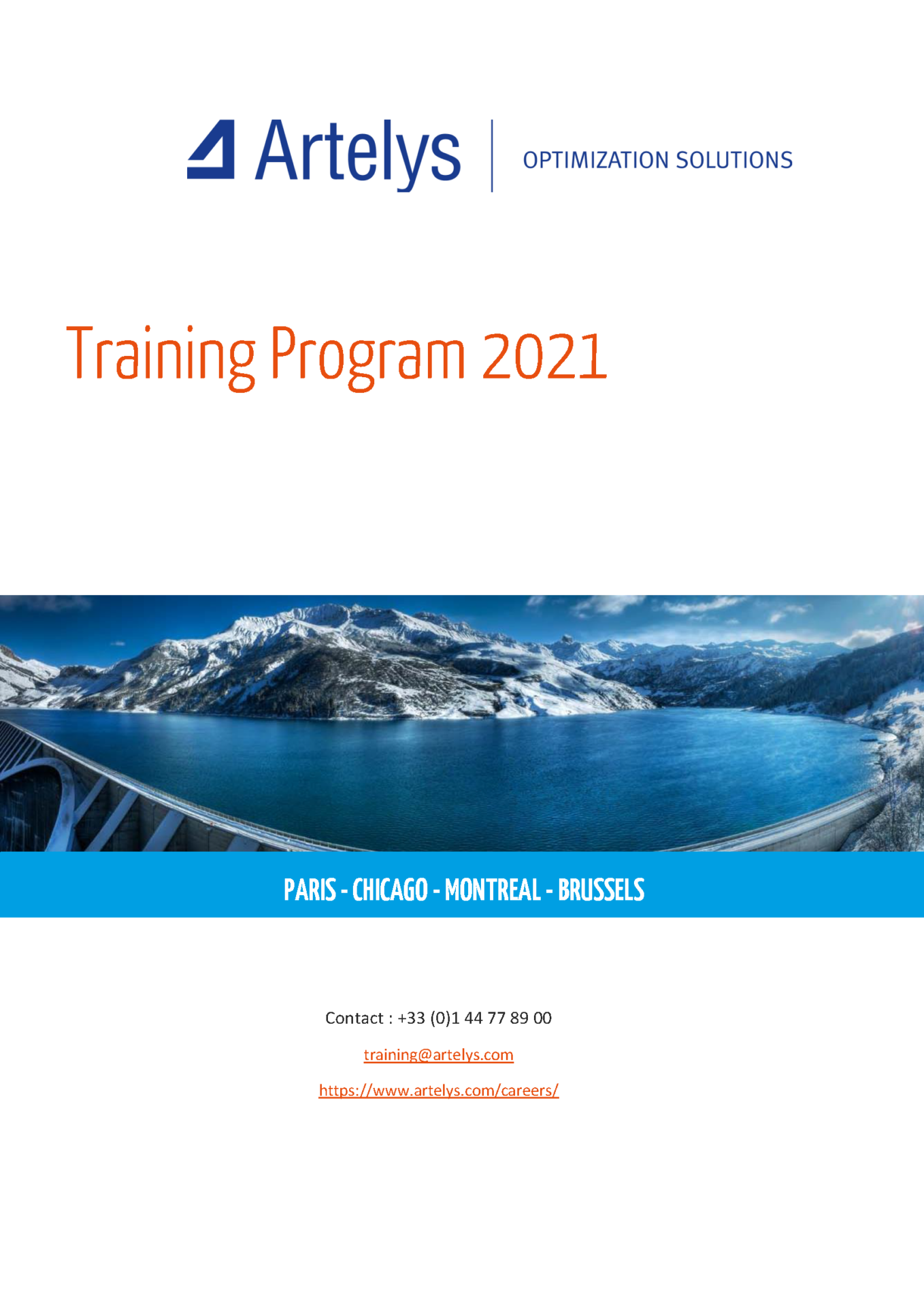Publication of the 2021 Artelys training program
Artelys publishes today its new training catalog focused on mathematical optimization.
Whether you are a data scientist wishing to bridge the gap between prediction and decision, an Energy Analyst wanting to make the best of energy system simulation tools or an Operations Research engineer willing to understand the bolts and nuts of numerical algorithms, Artelys has the course you need.
A progressive and consistent curriculum designed to bring you up to the equivalent of a Master is available.
- Optimization and Data Science
- Economic optimization of energy systems
- Numerical components and optimization tools
The training sessions will take place between March and November in our premises in Paris Saint-Lazare or by videoconference.

Artelys Knitro 15.1: Solve your toughest pooling applications!
Artelys releases Knitro 15.1, bringing a new wave of performance upgrades and usability improvements to help you solve large-scale optimization problems faster than ever.

Artelys contributes to SNCF Voyageurs’ OPTIPLACE project
Artelys is contributing to the development and industrialisation of the OPTIPLACE project, which aims to improve passenger seating arrangements on Ouigo trains by developing the optimisation module used for seat assignment.

Swissgrid selects Artelys Crystal Super Grid
Artelys is pleased to announce that Swissgrid, the Swiss electricity Transmission System Operator (TSO), has selected Artelys Crystal Super Grid, our multi-energy simulation solution, to support their strategic planning and system analysis activities.

Artelys led the Assessment of Policy Options for Securing Inertia for the European Commission
The European Commission’s Directorate-General for Energy (DG ENER) selected Artelys (leader), Trinomics, and Tractebel ENGIE to study solutions for ensuring the future frequency stability of the European power system. The study report was published in August 2025 by...
subscribe to our newsletters
© ARTELYS • All rights reserved • Legal mentions
